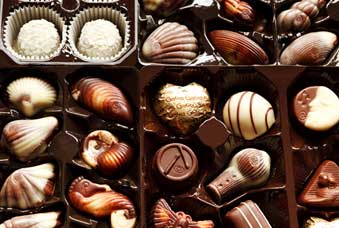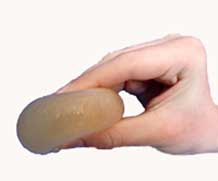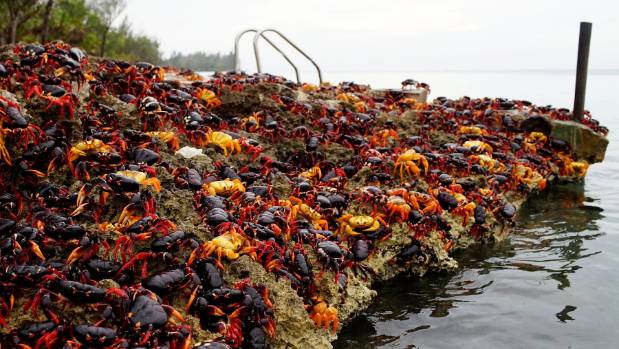Good News for Chocolate Lovers!
Colby Watts2021-02-03T09:38:44+11:00There is no better excuse than Easter to indulge in everyone's favourite treat - chocolate. And to make that chocolate egg even sweeter, there is a growing body of scientific research to support the health benefits of eating chocolate, in moderation. From improving blood flow around the body by dilating (or widening) arteries to protecting DNA from damage. This article from Science News for Students describes how chocolate is grown and produced, and summarises the research findings into the benefits of eating chocolate. Read article





